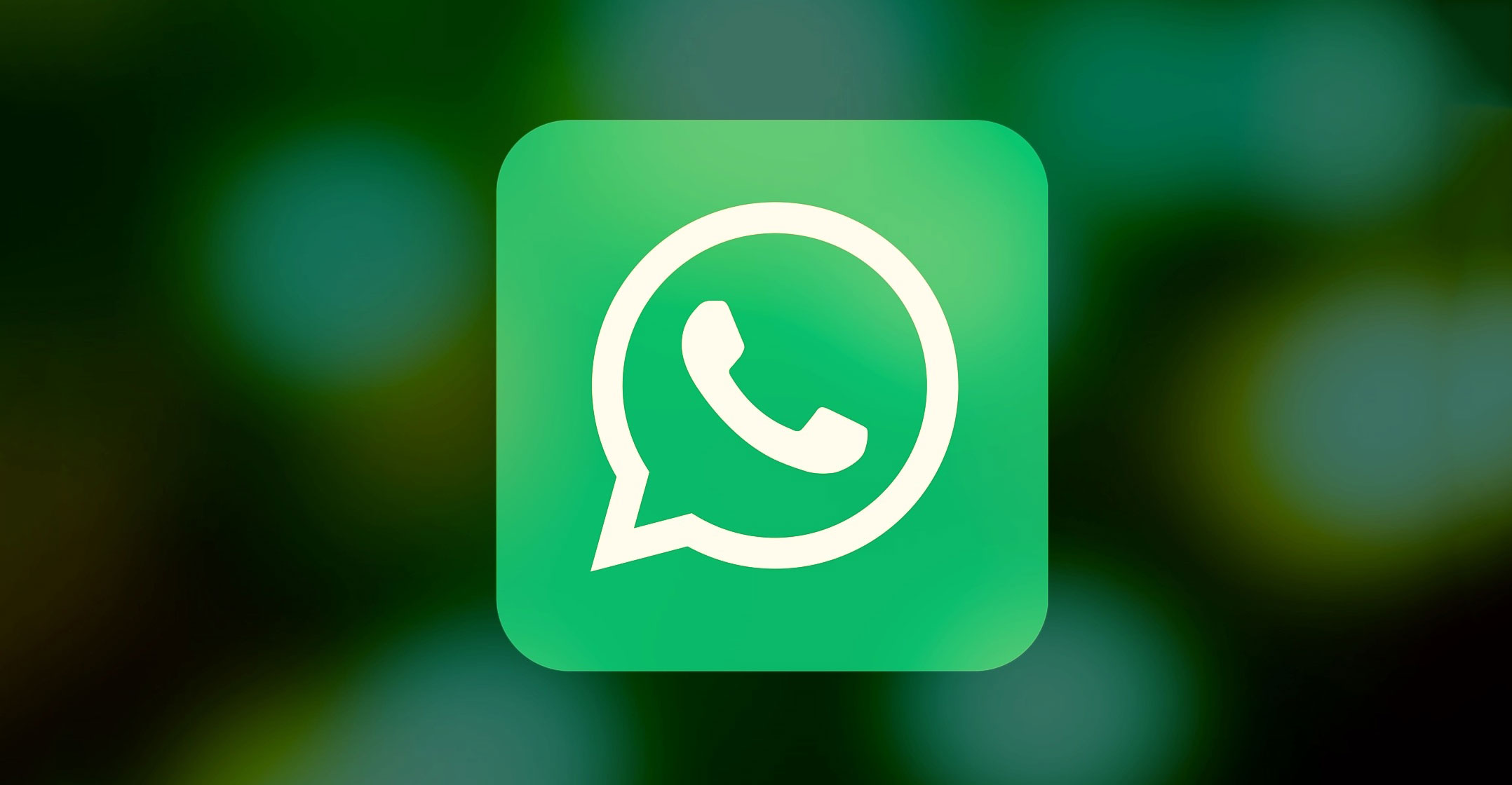
Uganda’s government is proposing a tax of 100 shillings (R0.33) per day for at least some users of social media such as Facebook and WhatsApp, parliament said, amid criticism from press freedom campaigners.
The levy would apply to users of services “including WhatsApp platforms and Facebook video calls”, the Kampala-based national assembly, which still needs to approve any plan, said on its website.
President Yoweri Museveni told the finance ministry in March that taxes on social media could garner 400bn to 1.4 trillion shillings per year, the local Daily Monitor newspaper reported. There’s been no explanation of how use would be monitored and charges levied and paid.
The government of East Africa’s third biggest economy is seeking extra revenue as it struggles to reach its 2020 target of middle-income status, which needs per capita income of between US$1 045 and $12 736. A delay in starting oil production in western Uganda is affecting the government’s economic targets, the planning authority said in February.
Information & communications technology minister Frank Tumwebaze was cited by the state-owned New Vision newspaper on 10 April as saying the proposal is for a levy on “value added services” such as Skype and WhatsApp calls. Godfrey Mutabazi, the executive director of the Uganda Communications Commission, said on Friday by phone that the tax would be on social media platforms such as WhatsApp and Facebook, without giving further details.
The New York-based Committee to Protect Journalists, which criticised Ugandan authorities for blocking social media during the country’s disputed 2016 elections, said on 5 April that the proposed taxes “have the potential to curtail freedom of expression and access to information”. It later said there had been mixed messages from authorities and Museveni should clarify whether Ugandan social media users would be taxed. — Reported by Fred Ojambo, (c) 2018 Bloomberg LP




